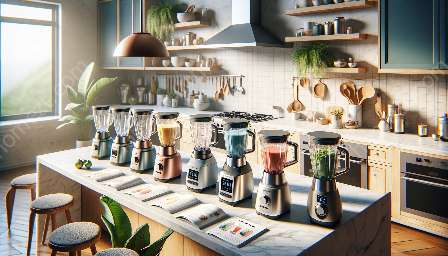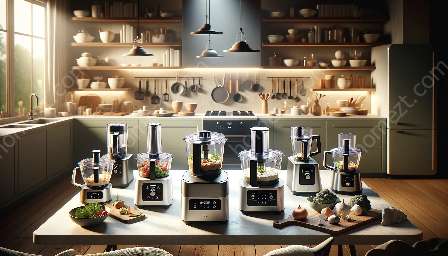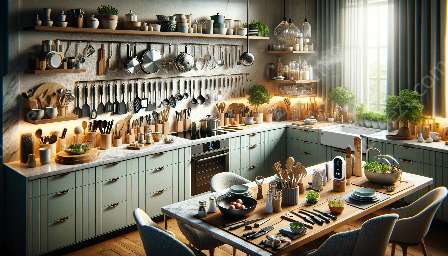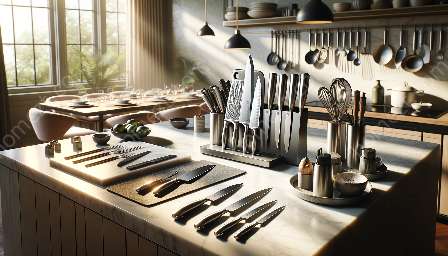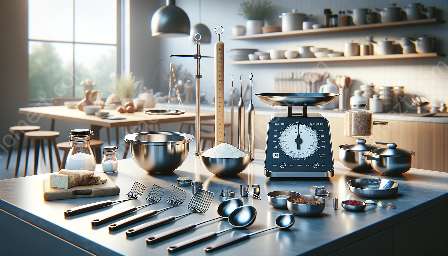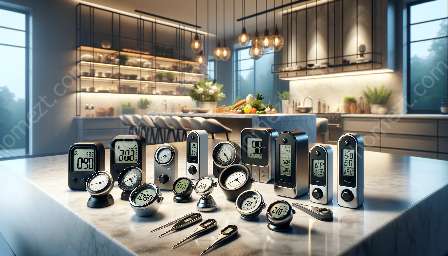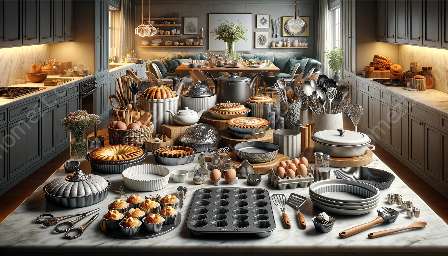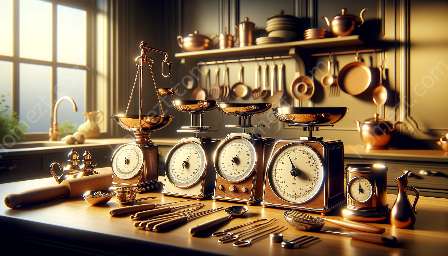Introduction:
Measuring tools and scales are indispensable items in any kitchen, especially when it comes to cooking and baking. They play a crucial role in ensuring precision and accuracy in recipes, leading to consistently delicious results. In this comprehensive guide, we will explore the types of measuring tools and scales, their compatibility with cookware, and their significance in the kitchen and dining experience.
Types of Measuring Tools:
Measuring tools come in various forms, each designed for specific purposes. Some of the commonly used measuring tools include measuring cups, measuring spoons, and liquid measuring cups. Measuring cups are available in different sizes, typically ranging from 1/4 cup to 1 cup, and are essential for accurately measuring dry ingredients such as flour, sugar, and grains. Measuring spoons, on the other hand, are used for measuring smaller quantities of ingredients, often in teaspoons or tablespoons. Liquid measuring cups are designed to measure liquids, featuring clear markings that allow for accurate readings.
Scales for Precision:
In addition to measuring cups and spoons, scales are fundamental in achieving precise measurements, especially for ingredients that need to be weighed rather than measured by volume. Kitchen scales are available in a variety of types, including digital scales and traditional mechanical scales. Digital scales provide accurate readings and often come with additional features such as tare functions, which allow for the measurement of ingredients in a container without including the weight of the container itself. Mechanical scales, on the other hand, offer a classic aesthetic and can be a stylish addition to any kitchen.
Compatibility with Cookware:
Measuring tools and scales are designed to complement cookware, forming an essential part of the cooking process. When using non-stick cookware, it is important to select the appropriate type of measuring tools to avoid scratching or damaging the surface. Silicone-coated or plastic measuring cups and spoons are ideal for use with non-stick cookware, as they are gentle on the surface. Similarly, when using glass or ceramic cookware, it is important to handle measuring tools and scales with care to prevent chipping or breakage.
Significance in Cooking and Dining:
Measuring tools and scales are integral to achieving consistency and precision in cooking, particularly in recipes that require specific measurements for optimal results. Whether it's baking a cake, preparing a sauce, or mixing a cocktail, accurate measurements are essential for the desired outcome. In the dining experience, precise measurements ensure that flavors are balanced and dishes are presented with a professional touch, enhancing the overall enjoyment of the meal.
Conclusion:
Measuring tools and scales are invaluable assets in any kitchen, offering the precision and accuracy necessary for successful cooking and baking. Their compatibility with cookware and their impact on the dining experience cannot be overstated, making them essential tools for both amateur and professional cooks alike. By understanding the types of measuring tools, the significance of scales, and their relevance to cookware and dining, individuals can elevate their culinary skills and create memorable meals with confidence.

